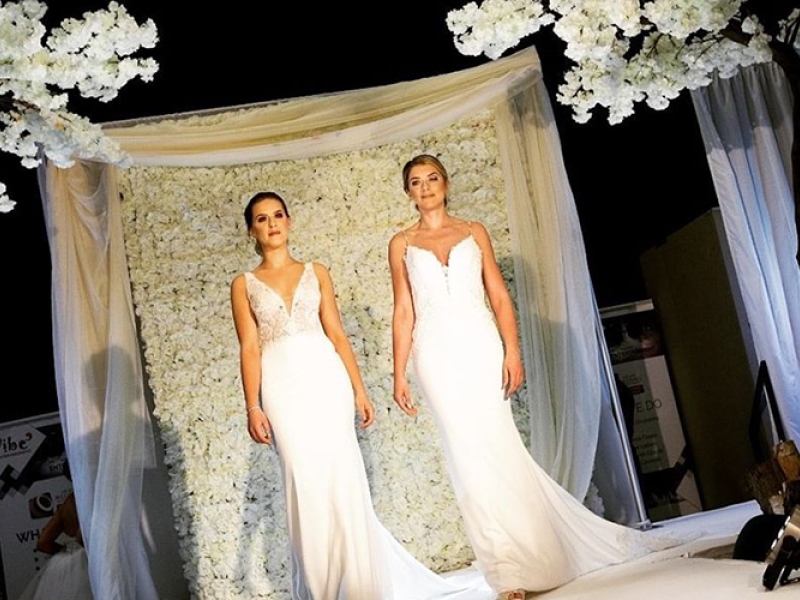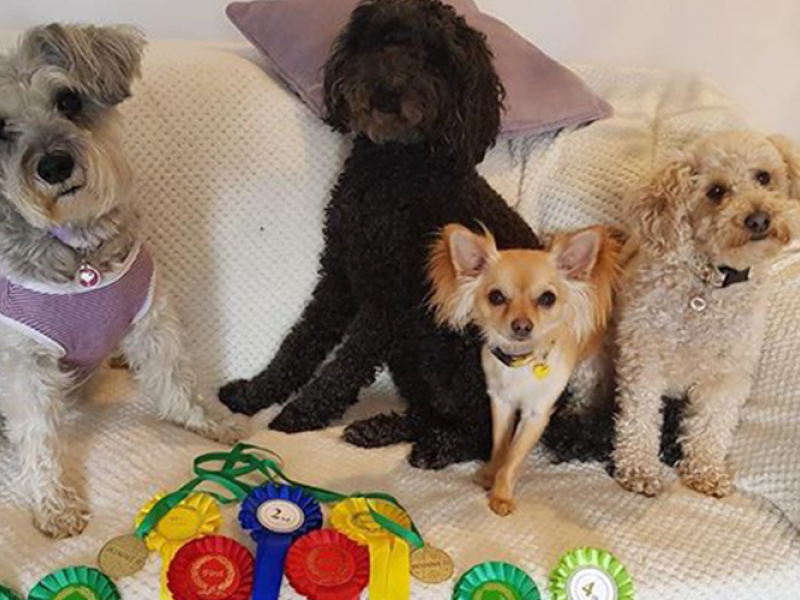Making the Future of Work inclusive of persons with disability
27 November 2019
Making the Future of Work inclusive of persons with disability
As a member of Face Equality International we are sharing James Partridge's presentation at a recent conference in Geneva raising disability issues in the workplace for those that are affected with facial differences.
Facial disfigurement: a neglected global human rights issue
Exploring the origins of the campaign for ‘face equality’ (like race equality) and its implications for businesses, schools, governments, the media and public opinion.
There are many reasons why people have facial differences or disfigurements — from congenital causes (e.g.: cleft lip and palates, neurofibromatosis, birthmarks), trauma (e.g.: burns, acid violence, scarring from accidents), facial and skin cancer, skin conditions (e.g.: psoriasis, vitiligo, acne), eye problems and facial paralysis (e.g.: Bell’s palsy and stroke). Disfigurement can affect people at any age, from any ethnic or socio-economic group. It is estimated that 1 in 111 people have a psychological and social significant facial disfigurement. People with disfigurements wherever they live in the world face many challenges and injustices to living confident, successful lives in the 21st century. Many report (and academic studies bear this out) feeling isolated and friendless, facing teasing, ridicule and staring in public, low expectations in school, problems getting work, discrimination in the workplace, abuse on social media and stereotyping in the media just because of the way they look. In many countries, disfigurement goes hand in hand with poverty, prejudice and exclusion.
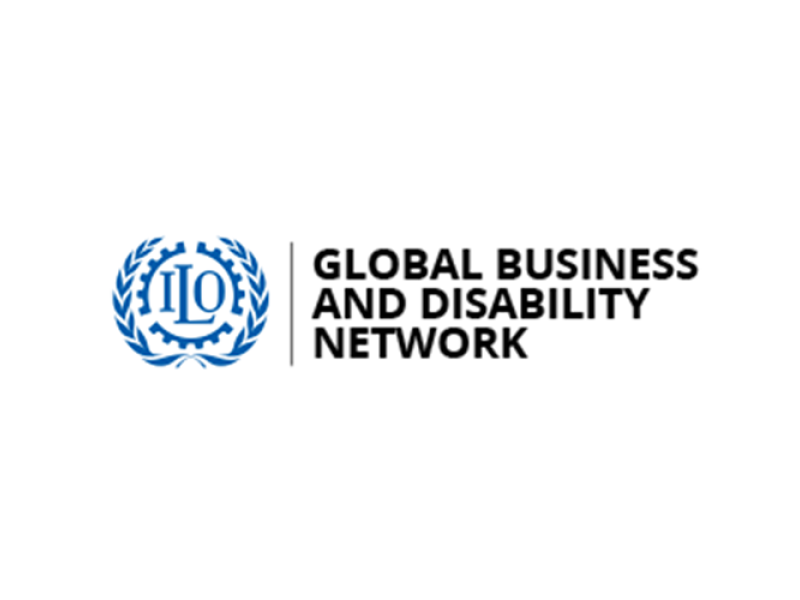
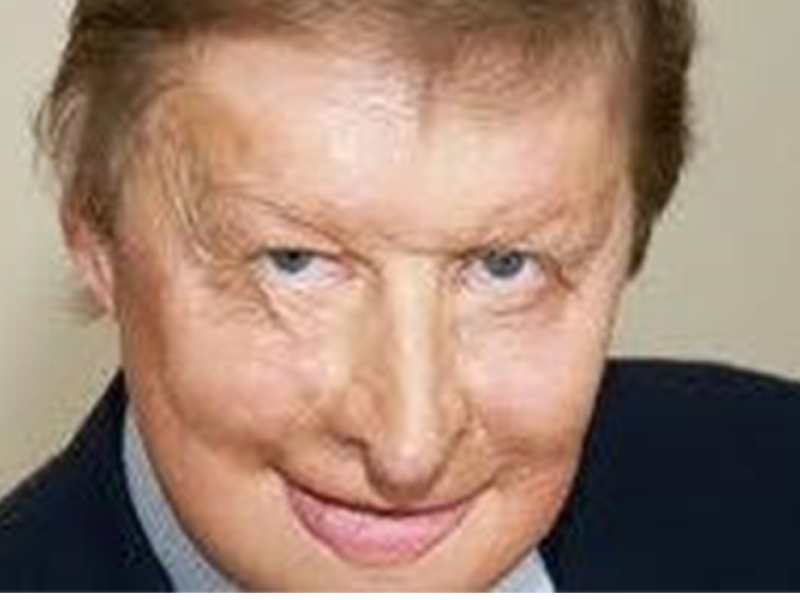
The stigma of disfigurement is rooted in three totally false but deeply conditioned and unconscious beliefs which impinge on a person’s self-worth which suggest that: facial ‘good looks’ are vital for success in life; without them, failure is sadly inevitable modern medicine/surgery can remove disfigurements completely disfigurement is associated with meanness, lack of intelligence, immorality and evil. All too often, the stigma is self-imposed too with low expectations of success and a lack of aspiration leading to a resignation that this is how things will always be, and consequently unfairness and discrimination go unchallenged. And worse, people report that authorities who should stand up to prejudice (e.g.: schools) fail to do so even when alerted to it. The campaign for ‘face equality’ was launched in May 2008 by the UK charity/NGO, Changing Faces and is being internationalised through Face Equality International. Its aim is to create a world in which people who have disfigurements to their face from any cause are accepted and valued as equal citizens, free of prejudice, low expectations and stigma.
The campaign calls on individuals to spread the word, to stand out and to support face equality education systems to train all teaching staff to develop inclusive school cultures
employers to recruit and serve people with disfigurements without prejudice the media, advertisers and the film industry to positively promote facial diversity and actively avoid language and imagery that create prejudice politicians and policymakers to ensure that facial prejudice and discrimination are effectively outlawed by improving legal protection and promoting best practice.
For further information on the conference itself please have a look at the following campaign and their website
Filter News

Becky’s Story
From dealing with her family's NF1 to improving her fitness and running marathons, have a read of Becky's amazing story here:
Read More
“Charity Shave Off” for NF in Northern Ireland
Janice and her family recently held a charity shave off in Northern Ireland. Find out more about the event here:
Read More
Blackpool Magic Convention 2020
Find out more about the convention in aid of NTUK and how you can get involved here:
Read More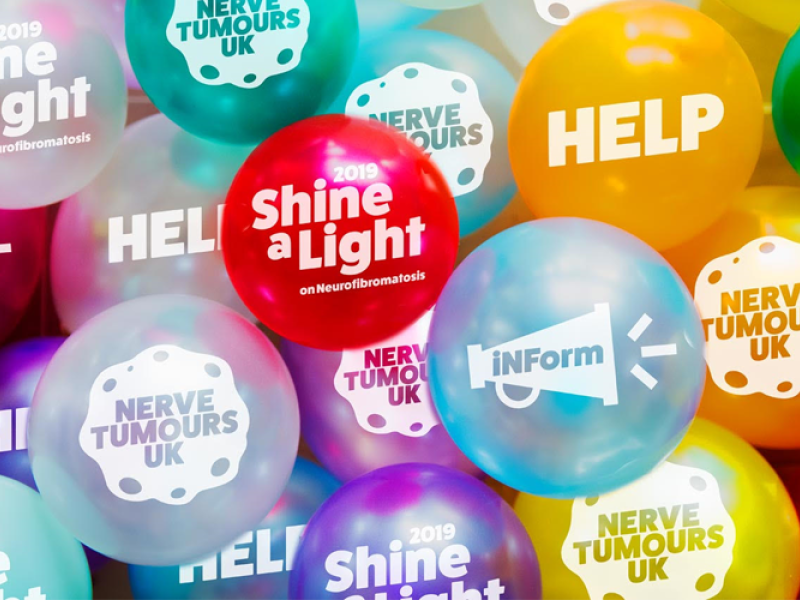
Reflections on 2019
Check out our reflection on what we feel was an incredibly succesful 2019 for the charity:
Read More
Helen’s Story as told by her Mum Pauline
Due to her NF1, Helen has faced several struggles. Mum Pauline has openly shared her daughter's experiences with us here:
Read More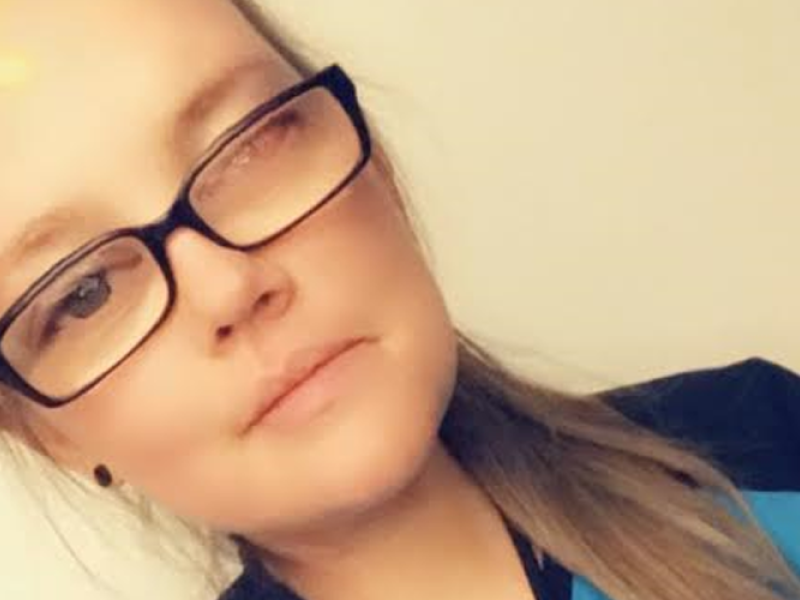
Nicola’s NF2 Journey
Nicola creates her own YouTube videos to help promote NF2 awareness. Find out more about her NF2 journey here:
Read More
Making the Future of Work inclusive of persons with disability
Check out James' recent presentation at a conference in Geneva highlighting issues of "face equality" in the workplace
Read More

